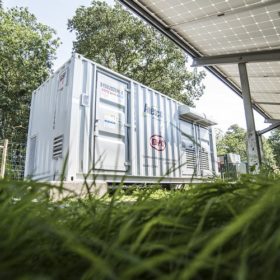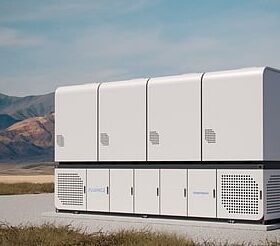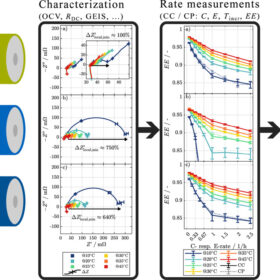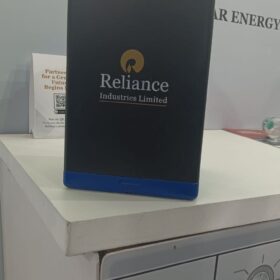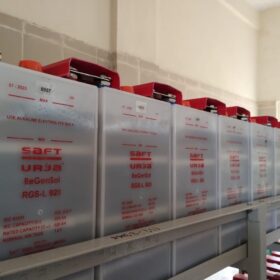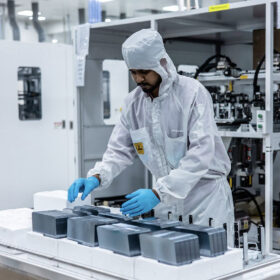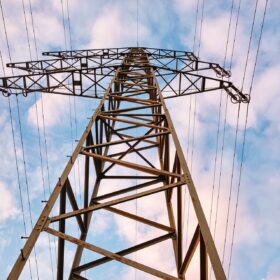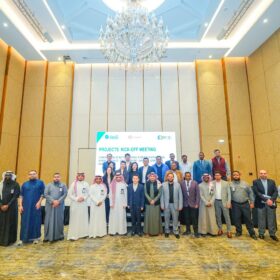Power ministry mandates energy storage co-location with solar projects
India’s Ministry of Power has mandated that all renewable energy implementing agencies (REIAs) and State utilities must incorporate a minimum of two-hour co-located energy storage systems (ESS), equivalent to 10% of the installed solar project capacity, in future solar tenders.
Fluence launches highly-modular 7.5 MWh AC-based BESS platform
The system features an innovative split design breaking away from the industry standard 20-foot container. It is configurable for storage durations of two to eight hours.
Sodium-ion vs. lithium-iron-phosphate batteries
Researchers in Germany have compared the electrical behaviour of sodium-ion batteries with that of lithium-iron-phosphate batteries under varying temperatures and state-of-charges. Their work shows how state-of-charge during cycling significantly affects the efficiency of sodium-ion devices.
Reliance Industries awarded 10 GWh advanced chemistry battery capacity under PLI Scheme
India’s Ministry of Heavy Industries has signed a programme agreement with Reliance New Energy Battery Ltd for 10 GWh capacity under the production-linked incentives (PLI) Scheme for advanced chemistry cells.
Reliance Infrastructure to enter solar, battery manufacturing
Reliance Infrastructure Ltd (RInfra) has announced its plans to set up integrated solar equipment and battery manufacturing units. It has appointed Ivan Saha as chief executive officer (CEO) for the renewable manufacturing business, and Mushtaque Hussain as CEO for battery manufacturing.
Volks Energie to help Power Grid switch to Ni-Cd batteries for energy storage
Volks Energie has secured a project from Power Grid Corp. of India Ltd (PGCIL) to deploy Nickel-Cadmium (Ni-Cd) batteries for energy storage.
Adani moves to allay fundraising fears
Following the indictment of its chairman, Gautam Adani, in the United States over bribery allegations, questions are being asked about Adani Group’s ability to raise capital. With the charges related to solar, India’s PV industry has wider concerns. Adani Group refutes the allegations and says it is as robust as ever.
Large batteries with grid-forming inverters can increase renewables hosting capacity
Researchers recommended that transmission system operators consider adopting grid-forming battery energy storage systems system-wide to improve grid stability and to maximize system hosting capacity for solar and wind generation.
BYD to supply 12.5 GWh of battery storage in Saudi Arabia
Following a report in January, BYD has now officially secured the 12.5 GWh battery energy storage system (BESS) supply deal.
Gujarat seeks consultant for 14.2 GW of pumped storage projects, tenders 110 MW floating solar EPC
Gujarat State Electricity Corp. Ltd (GSECL) is looking to assess the feasibility of 14,210 MW of pumped storage projects across 16 locations in Gujarat. It has also tendered EPC of 110 MW floating solar in the state.
